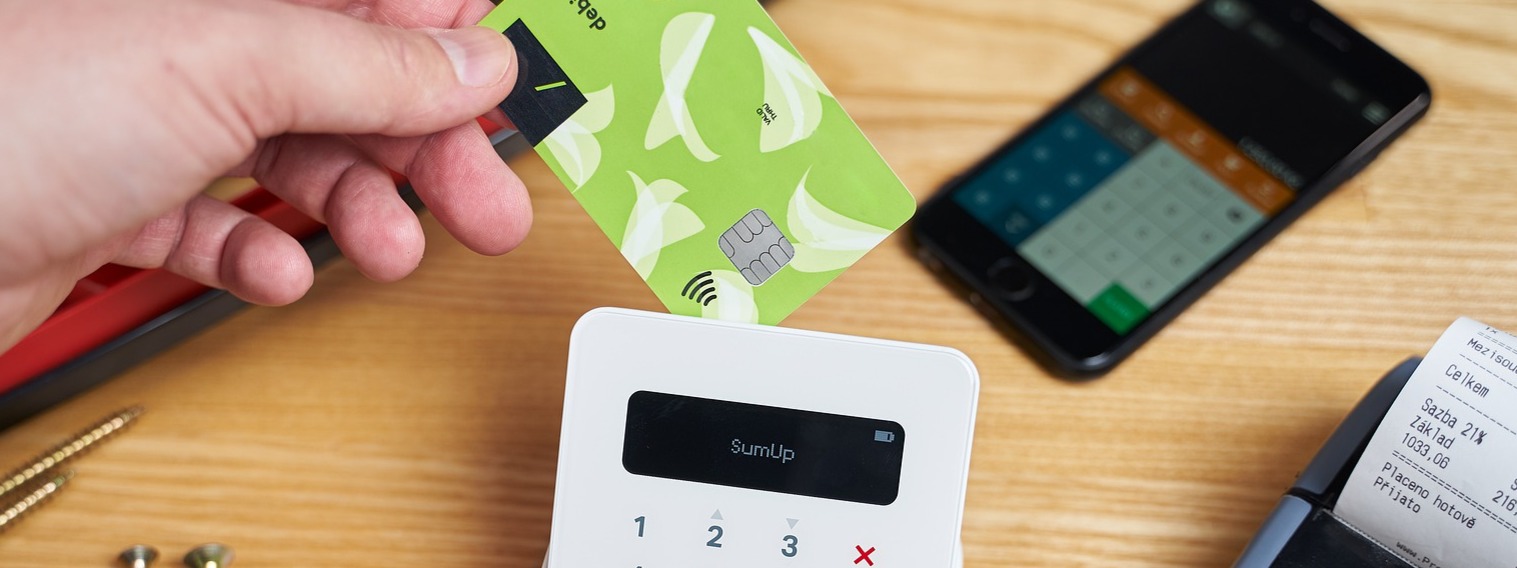When and Why Do I Need to Register for VAT?
Value added tax, or VAT, can be both an annoyance and a benefit. The difference depends on whether your own business and your clients are VAT registered, as the additional 20% can sometimes be off-putting when choosing a supplier.
To clear up the matter, we’ve put together all of the main points when it comes to why VAT is charged and how it all works.
What is VAT and why does it exist?
VAT was first introduced in the UK in 1973 and is the third largest source of government revenue after income tax and National Insurance. It’s not just us Brits who have it either, as over 160 countries around the world use it too. VAT is a consumption tax, in that it’s charged on goods and services (when you spend money), rather than an income tax (when you earn money).
We all pay VAT on a regular basis, from our weekly groceries to visiting the cinema, but it’s easy to miss because we’re so used to it being part of the bill. Unlike countries such as the USA, most UK retail, dining and leisure businesses will state the price including VAT from the start, as this enables the consumer to budget and spend more efficiently.
VAT for businesses
The point at which your business needs to become VAT registered is when your taxable turnover hits £85,000 per year. If you’re likely to reach this early on you should register for VAT right away, but many business owners take a while to arrive at this milestone.
What happens when my business is VAT registered?
Once registered, it’s actually a very simple process. All you need to do is add 20% VAT to your services and include your VAT number on the invoice. You’ll then pay this VAT to HMRC on a quarterly basis.
What are the downsides of charging VAT?
There are far more benefits when it comes to VAT, but we’ll go through the drawbacks first. The main one is that any of your existing clients who aren’t VAT registered themselves will start paying an extra 20% that they can’t claim back on their own tax return.
You also need to factor VAT into your ongoing cash flow, budgeting and forecasting, although this is easy to achieve, especially with the help of TreyBridge.
What are the advantages of charging VAT?
You’ll be pleased to hear that becoming VAT registered comes with quite a few benefits:
You’ll be eligible to claim VAT back on the vast majority of business expenses, including business trips, fuel, vehicles, IT equipment, office furniture, even everyday stationery. You can also claim VAT back on professional services, such as TreyBridge managing your accountancy tasks.
It’s not just items that you buy from now on, as VAT can also be claimed back on eligible purchases from the last four years. As long as they were for your current business, you still use them and you have proof of purchase, they can all be claimed against your next tax bill.
Whilst a company number gives a business a more professional identity, a VAT number goes one step further. Many businesses only work with others that are VAT registered, so this could help you to increase your lead generation and take on lots of new clients.
You can become a VAT registered business at any point, even long before you reach the £85,000 threshold. This is an excellent way to set a clear target and prepare for a lucrative future.
We can help with all things VAT
Whether you need a little additional guidance, want to register your business for VAT or are looking for an exceptional tax specialist to manage all of your taxation duties, we’re here to help.
To start the conversation, call our Northern office on 01482 235575 or our London office on 0207 885 0605. Alternatively, you can fill in our contact form and one of our team will get back to you right away.
Tagged as: Tax & Expenses
Share this post:

